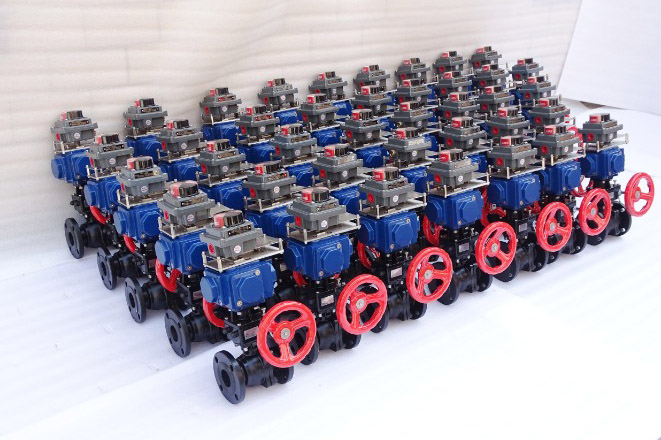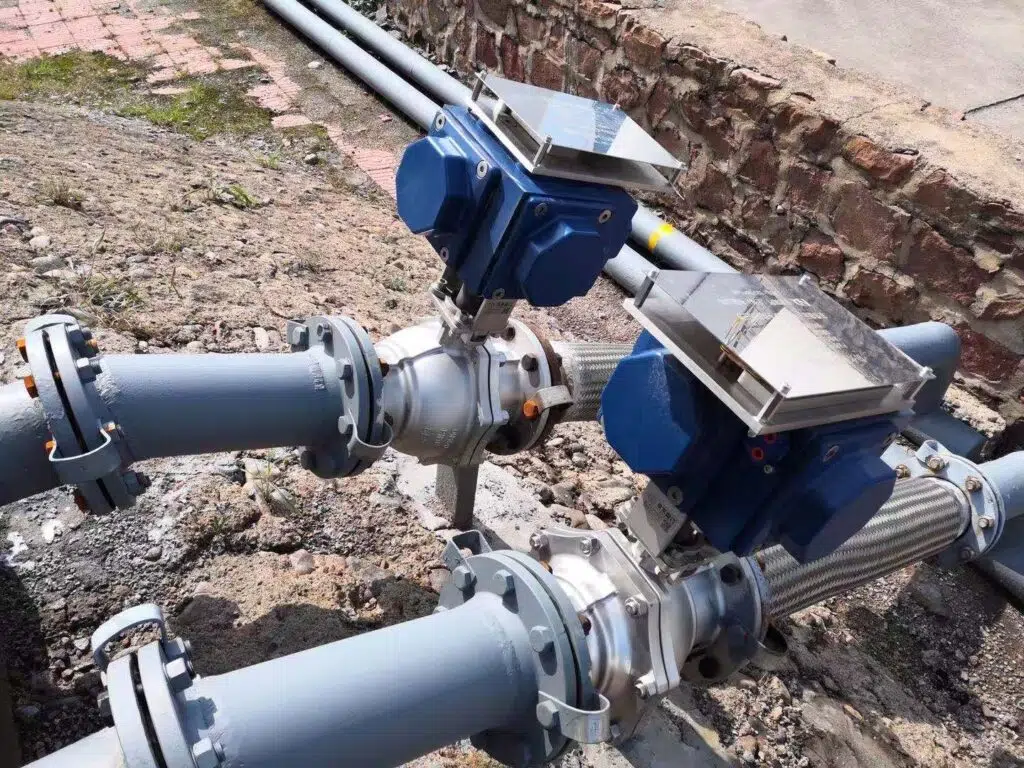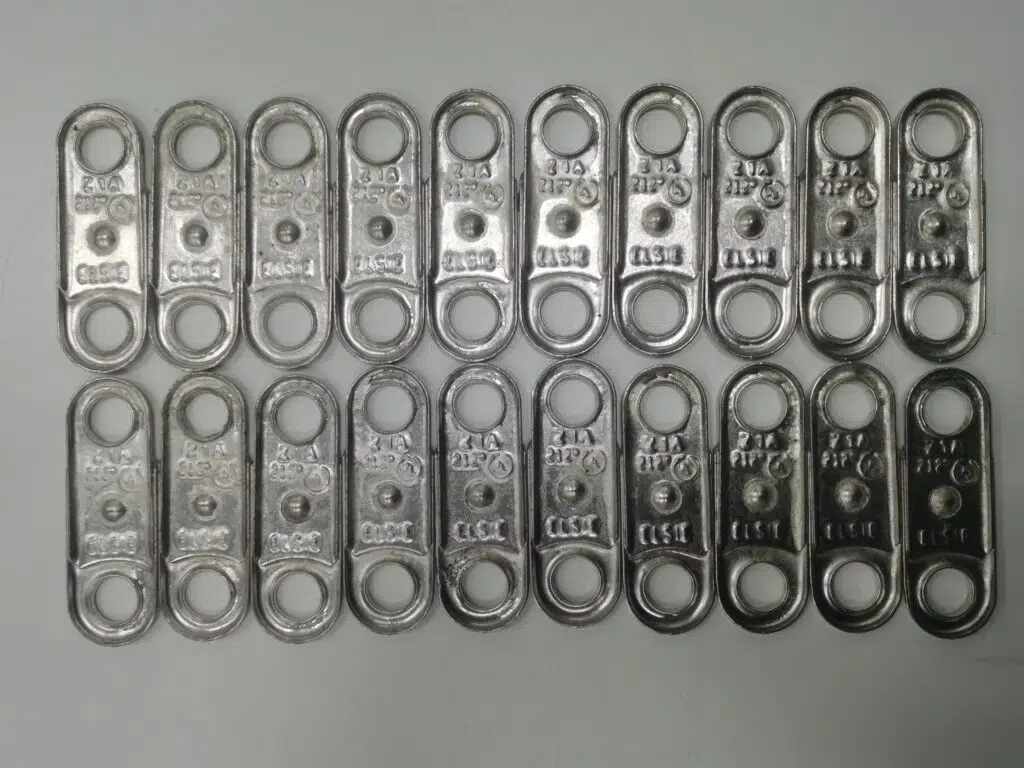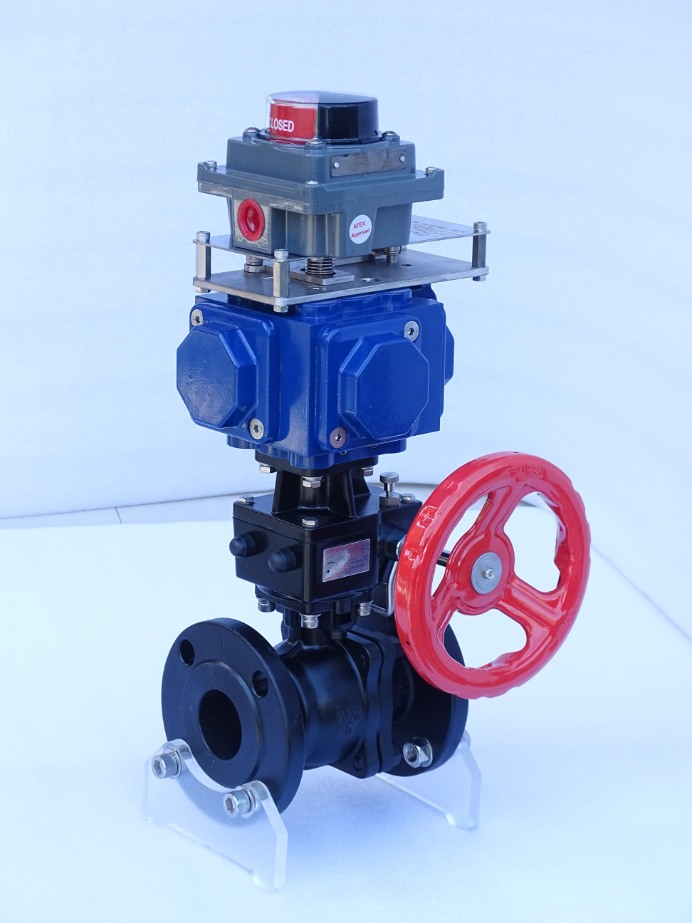Fusible link safety valves are a critical safety component in many industrial settings. In this guide, we will tell you how safety valves work, their applications, and best practices for installation and maintenance.

What are Fusible Link Safety Valves?
Fusible link safety valves are safety devices that are designed to automatically shut off the flow of a fluid or gas in the event of a fire or other hazardous event. They are typically used in industrial settings, such as oil and gas refineries, chemical plants, and power plants, where the risk of fire or explosion is high.

How Do Fusible Link Safety Valves Work?
Fusible link safety valves consist of a valve body, a special spring-acting actuator, and a fusible link set. The fusible link is made of a metal that melts at a specific temperature, usually between 165°F and 450°F. When the temperature in the area surrounding the valve reaches the melting point of the fusible link, the link melts and the spring releases, closing the valve and stopping the flow of fluid or gas.
Fusible link safety valves are used in a wide range of industrial settings, including:
- Oil and gas refineries
- Chemical plants
- Power plants
- Waste treatment facilities
- Food processing plants
- Aerospace industry
- Fire protection systems
In these settings, fusible link safety valves are used to protect equipment, personnel, and the environment from the hazards of fire and explosion.
Best Practices for Installing Fusible Link Safety Valves
When installing fusible link safety valves, it is important to follow best practices to ensure that the valves function properly in the event of an emergency. Some best practices include:
- Installing the valve in a location where it will be exposed to the same temperature as the surrounding equipment
- Mounting the valve securely to prevent it from vibrating or moving during normal operation
- Using compatible materials for the valve body and components to prevent corrosion and degradation
- Properly sizing the valve to ensure that it can handle the flow rate and pressure of the fluid or gas it is controlling
Best Practices for Maintaining Fusible Link Safety Valves
To ensure that fusible link safety valves remain in proper working order, it is important to follow a regular maintenance schedule. Some best practices for maintaining these valves include:
- Inspecting the valve regularly to check for damage or wear
- Replacing the fusible link if it has been exposed to temperatures near its melting point
- Lubricating the valve as recommended by the manufacturer
- Replacing the valve if it has been damaged or shows signs of wear
Conclusion
Fusible link safety valves are critical components in many industrial settings. Understanding how these valves work, their applications, and best practices for installation and maintenance is essential for maintaining a safe work environment.
FAQs – Fusible Link Safety Valve
1. What is the melting point of a fusible link?
The melting point of a fusible link is usually between 165°F and 450°F.

2. How do fusible link safety valves work?
Fusible link safety valves use a spring and a fusible link to automatically shut off the flow of a fluid or gas in the event of a fire or other hazardous event.

3. What are some applications of fusible link safety valves?
Fusible link safety valves are used in a wide range of industrial settings, including oil and gas refineries, chemical plants, and power plants.
4. What are some best practices for installing fusible link safety valves?
Best practices for installing fusible link safety valves include installing the valve in a location where it will be exposed to the same temperature.
5. What are some best practices for maintaining fusible link safety valves?
Best practices for maintaining fusible link safety valves include inspecting the valve regularly, replacing the fusible link if it has been exposed to high temperatures, lubricating the valve as recommended by the manufacturer, and replacing the valve if it has been damaged or shows signs of wear.
6. Can fusible link safety valves be used in residential settings?
While fusible link safety valves are typically used in industrial settings, they can also be used in residential settings, such as fire protection systems in homes.
7. How do I know if a fusible link safety valve is the right choice for my application?
To determine if a fusible link safety valve is the right choice for your application, you should consult with a qualified professional like THINKTANK who can assess your specific needs and recommend the appropriate safety equipment.





